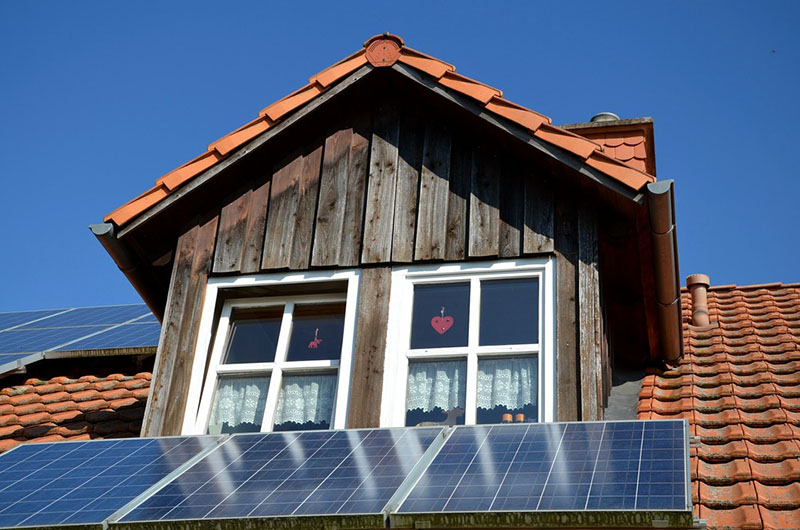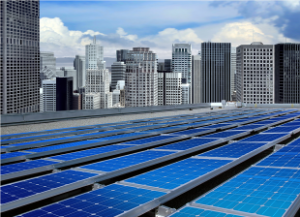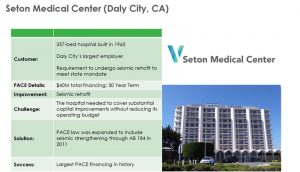Buildings are back.
Renew Financial, which specializes in PACE (or Property Assessed Clean Energy) financing and other building energy efficiency programs, announced it has raised $70 million in Series D financing. Participants in the round include Angeleno Group, Apollo Capital Management, Claremont Creek Ventures, LL Funds, Inc., NGEN Partners, and Prelude Ventures.
Some of the money will be put into existing construction projects, but a good portion of it will be used to scale the business and continue to expand across the country.
“We want to help accelerate the clean energy economy,” said CEO Cisco DeVries, who also co-invented the PACE concept. Renew, he added, works with thousands of contractors and has helped upgrade tens of thousands of homes.
Under PACE, solar projects and efficiency upgrades for homes or commercial buildings are financed through a supplemental property tax assessment. Ideally, the energy savings cover the cost of the financing so in the end the upgrades pay for themselves and then some.
PACE has a number of advantages over other financing mechanisms. The financing is (generally) cheaper than what a property owner could get from a bank, PACE assessments travel with the property so current owners don’t have to worry about losing the value of the improvements in a sale and PACE programs don’t involve ornate “air conditioner as a service” deals involving title transfers of building fixtures to third parties or ongoing performance-based contracts that can make property owners woozy.
The PACE of the Nation
Under PACE, building owners get cheap capital, projects go forward and emissions are cut. Everyone’s happy.
PACE programs emerged in 2008 and then were left for dead in 2010 due to opposition from banks and Freddie Mac. Then, in 2014, the concept received a significant vote of confidence when California Governor Jerry Brown authorized a $10 million mortgage reserve fund that effectively insulated mortgage holders from any potential defaults.
Since then, the concept has thrived and spread. Renew, for instance, launched a program in New York in conjunction with NY Green Bank. It also has program in Florida, Pennsylvania, Maine, Hawaii, Illinois and other states.
While DeVries helped coin the concept nearly a decade ago, Renew certainly isn’t alone in the market. Lead competitor Renovate America has financed $1 billion worth of residential energy efficiency and solar projects. (Renew says it has over $750 million in committed capital behind its projects.) CleanFund, meanwhile, has raised $60 million for commercial PACE projects.
Each of these companies takes a slightly different approach to the market. Renovate CEO J.P. McNeill likes to call his company a software company that happens to provide financing and concentrates on residential. It also worked extensively to develop a deep channel with contractors.
By contrast, Renew considers itself a financing company that also happens to have good software, works in both the commercial and residential markets and has a broad national footprint. Roughly 1/3 of Renovate’s projects have revolved around solar. Renew does a brisk business in solar, but DeVries comes across as a more firm believer in efficiency.
“Efficiency is 20 times larger. There are ten times more dollars spent on heating and cooling replacement than solar in a year,” he said.
By Michael Kanellos for Forbes




